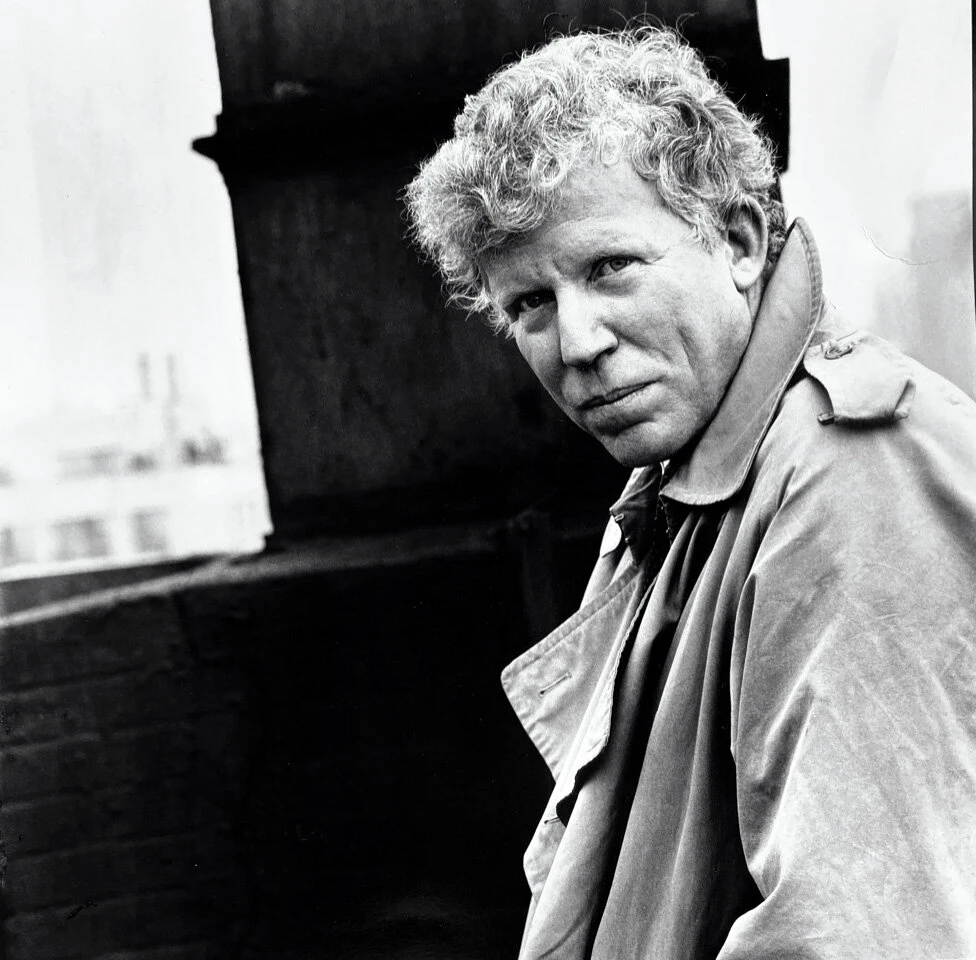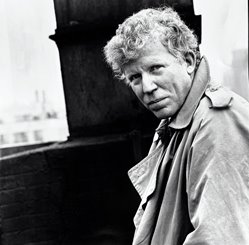Several times each week an all-network email from Mindy Hilty in the Office of Institutional Advancement informs the Saint Ignatius community of the death of an alumnus. Each time one of these announcements arrives I open the email, read about the person, and say a prayer for him and his family. Every once in a while I know the person – I maybe even taught him – and I fondly recall events from our time together.
This week an email arrived announcing the passing of an alumnus, and I was struck by the source of the obituary – the
New York Times. As I read through the story of the deceased, Robert Anson ’63, I was intrigued by the fascinating life that he led, and then it hit me that I had heard part of this story before.


The headline of the
Times obituary was enough to make anyone want to read about the life of the deceased: “Robert Sam Anson, ‘Bare-Knuckled’ Magazine Writer, Dies at 75.” The black-and-white photo of Anson – clad in a trench coat and gazing into the camera with a “you-got-a-problem?” look on his face – belongs in the dictionary next to the phrase “bare-knuckled.” This was a man who never shied away from a tough story, a tough question, or a tough situation. A former colleague of his described Anson as “magnetic and brash, turbulent and complex, passionate and fascinating.”
He came by these traits honestly, growing up in a house where he never really knew his father and his maternal grandfather, a well-known Cleveland newspaper man, would quiz him on his knowledge of current events – a quizzing that would result in things being thrown at young Robert when he gave a wrong answer.
Anson came to Saint Ignatius by a rather circuitous route, enrolling only after being expelled from Campion High School, the now-defunct Jesuit boarding school located in – as described by Anson – “middle-of-nowhere Wisconsin.” He was asked to take his talents elsewhere by a school president who noted, “There's nothing we can pin on you specifically. We just think you're a bad influence on the other boys.” Maybe his rooting for a Soviet invasion so that students would be given weapons and live ammunition to defend themselves had something to do with his being given his marching orders.
After graduating from Saint Ignatius Anson went on to major in English and International Relations at Notre Dame where he started the daily student newspaper
The Observer. From that platform he became a thorn in the side of university president Fr. Ted Hesburgh, as revealed in a 2006 interview. Anson was, in Hesburgh’s words, “the most difficult student” he had ever encountered, and the elderly priest recalled an
Observer headline the sting of which stayed with him for his entire life: “Best Thing Fr. Ted Could Do Is Resign.”
Yet, in 1970, several years after Anson’s graduation, it was Fr. Ted who literally came to the reporter’s rescue after his capture in Cambodia while on assignment for
Time magazine during the Vietnam War. Anson had been ordered by North Vietnamese soldiers to dig his own grave before they killed him, and having prayed a Hail Mary during the ordeal was led to say “Hoa Binh!” – “Peace!” – repeatedly to his captors. One of the soldiers then removed the cold steel of the gun from Anson’s head and gently pulled him from his would-be grave.
Anson was held prisoner for about a month without knowing if or when he would be killed or released. Unbeknownst to him,
Time had contacted Fr. Hesburgh who contacted his great friend Pope (now Saint) Paul VI who was able to intervene with Cambodian authorities and arrange Anson’s release. Not having any idea why he was let go, it was 15 years before he heard the truth about the behind-the-scenes work of the priest who, several years earlier, had not expelled him from Notre Dame because, in Fr. Ted’s words, “I didn’t want to give him the satisfaction.”
This story is recounted in the film
Hesburgh, and is the incident that triggered my memory when I read Anson’s obituary. I had no idea that the former student whose life was saved by Fr. Ted was one of our own, but having taught a few “bare-knuckled” students over the years it didn’t surprise me.
Despite the ups and downs of their relationship Anson and Hesburgh remained close friends, the reporter noting that it was Fr. Ted’s final blessing of him that meant more than his college degree. In that 2006 interview Anson recalls the distress that he caused the priest throughout their relationship, and Fr. Ted’s response was: “Well, I feel responsible for you, Robert, because you wouldn't be sitting here if we both hadn't listened.”
Several years ago Fr. Ted, a man who Anson said was “the only father I ever had,” passed away, and now that wayward son who is also a son of our famed Alma Mater has joined him. May they both rest in God’s peace. And let us hope and pray that in these troubled times their legacy of listening and mutual respect and love despite differences doesn’t go to the grave with them.
A.M.D.G.